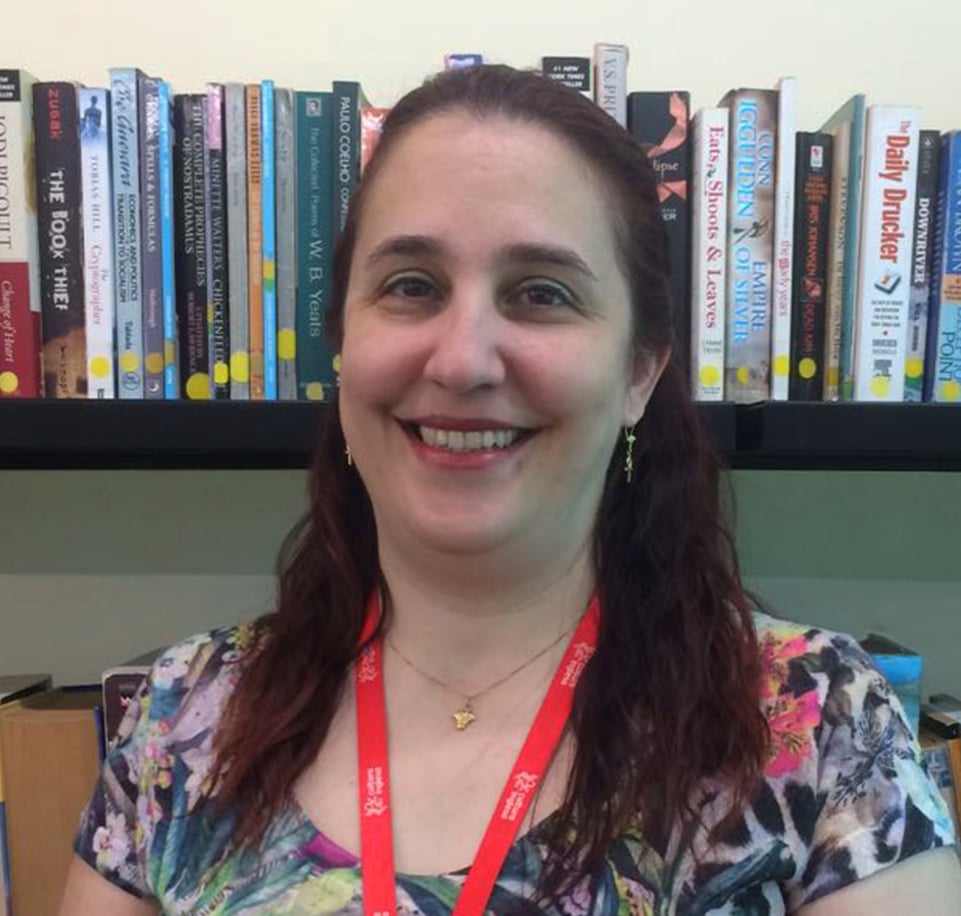Intelligibility – Is that the aim?
Intelligibility is what matters. I mean, anyone who wishes to learn a foreign language is looking for the possibility of being understood by those who speak that very same language. Otherwise, why would we learn it? But I do take issue with the overuse and narrowness with which this word has been used by an increasing number of teachers. I do see it as laziness from time to time, which is rather unfortunate.
Maybe your students have not used the correct word, but you still managed to understand it, so you opt not to correct it or point it out because, well, everyone got it. Or perhaps there was a pronunciation mistake and that extra syllable doesn’t really exist, but you won’t risk interrupting such a fluent speech on account of one single mistake, would you? And then, once it’s over, why would you go back to it when there’s such a lively discussion in the room and everyone seems to be having fun?
For a start, even though I wholeheartedly agree that fun lubricates learning, I don’t think that’s the ultimate goal that students are there for. If so, then we’ve got a whole different part to play in the classroom. But let’s think about the large (and increasing, surprisingly) number of students who claim and truly believe that the only way for you to learn a foreign language is by living abroad. This is real, no matter how hard we try to make it less relevant that it is. Students of English constantly say that that they can understand whatever conversation they have in the classroom, but when they first went abroad, they saw that real life is a lot harder. And let’s not be fooled by the teachers we know who are able to attend conferences, write blogs and be active members of a community – these are not the majority of English teachers in Brazil. And yet, those teachers are deeply influenced by what they read and may as well have missed the point of something like, “oh, never mind proper grammar or accurate word choice – intelligibility comes first”.
If taken literally, it actually means that it is OK for a teacher to make the decision for their learners of how much English they need to learn. But what if they realise later on that accuracy and precision are, indeed, extremely important to what they need to do for a living? What about all the mistakes that have already been fossilised because, well, people could still understand it. A slip is not a mistake, accent is different than pronunciation, and words do have multiple meanings. But if a teacher chooses not to inform a student of how to perfect their speech and make sure that students are aware of the implications of their choices, well, we might end up changing ELF to Newspeak, but remember:
“Don’t you see that the whole aim of Newspeak is to narrow the range of thought?
Orwell, George. 1984 (p. 32). Houghton Mifflin Harcourt. Kindle Edition.
In a world in which proper communication is more and more important, reaching for intelligibility might be limiting a person’s capacity to perform in as many settings as he or she would like to. What if we said that intelligibility is but one of the goals your students can aim at, as long as they’re fine with it?




